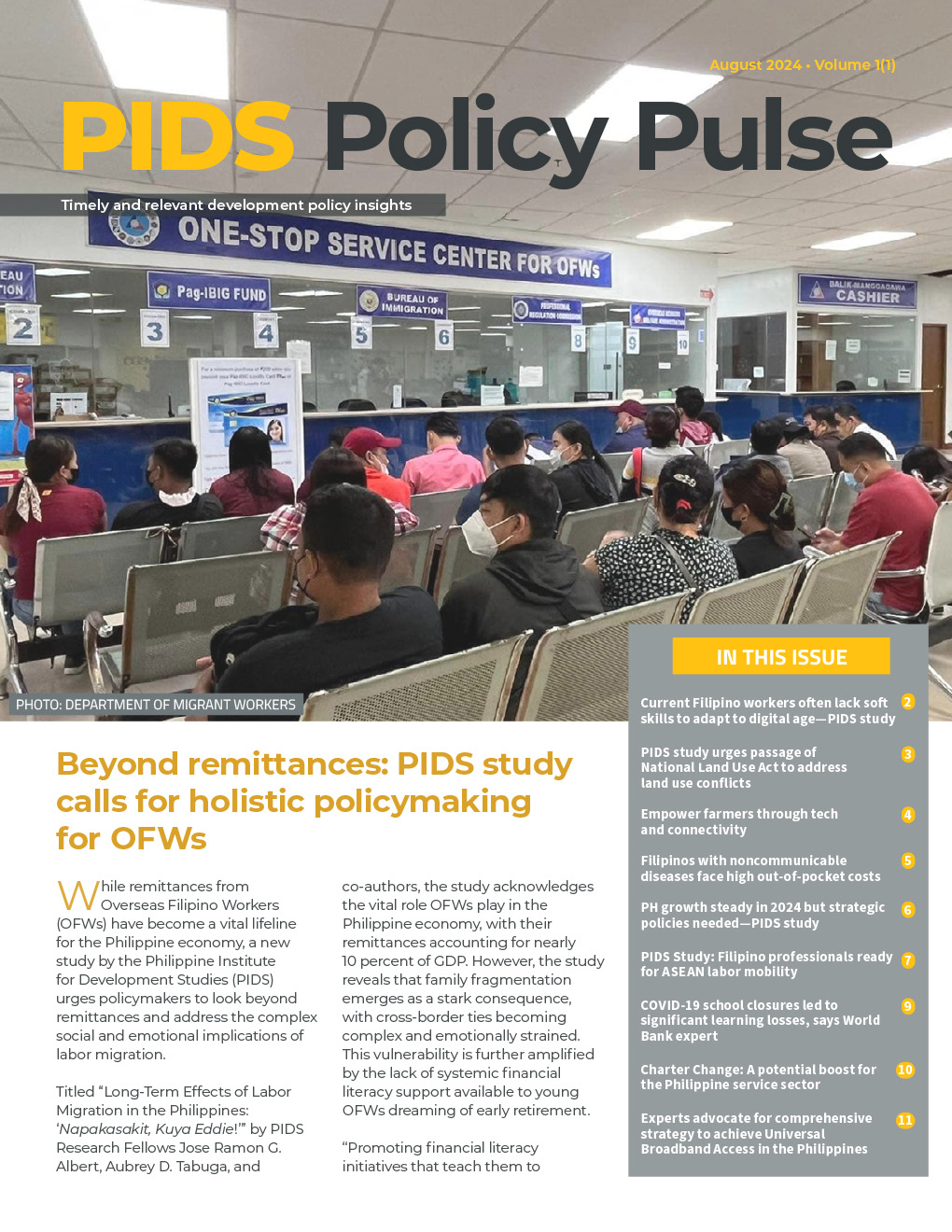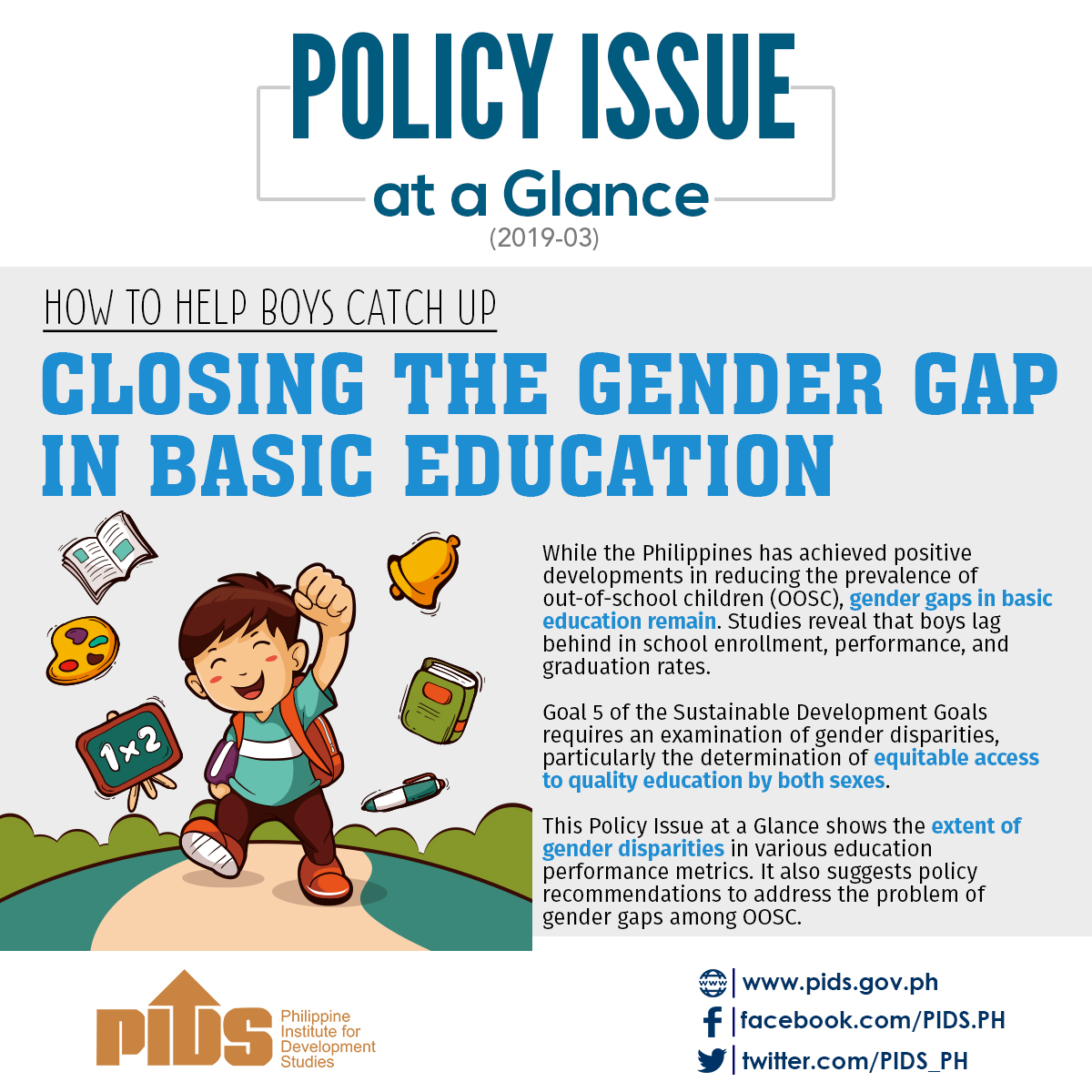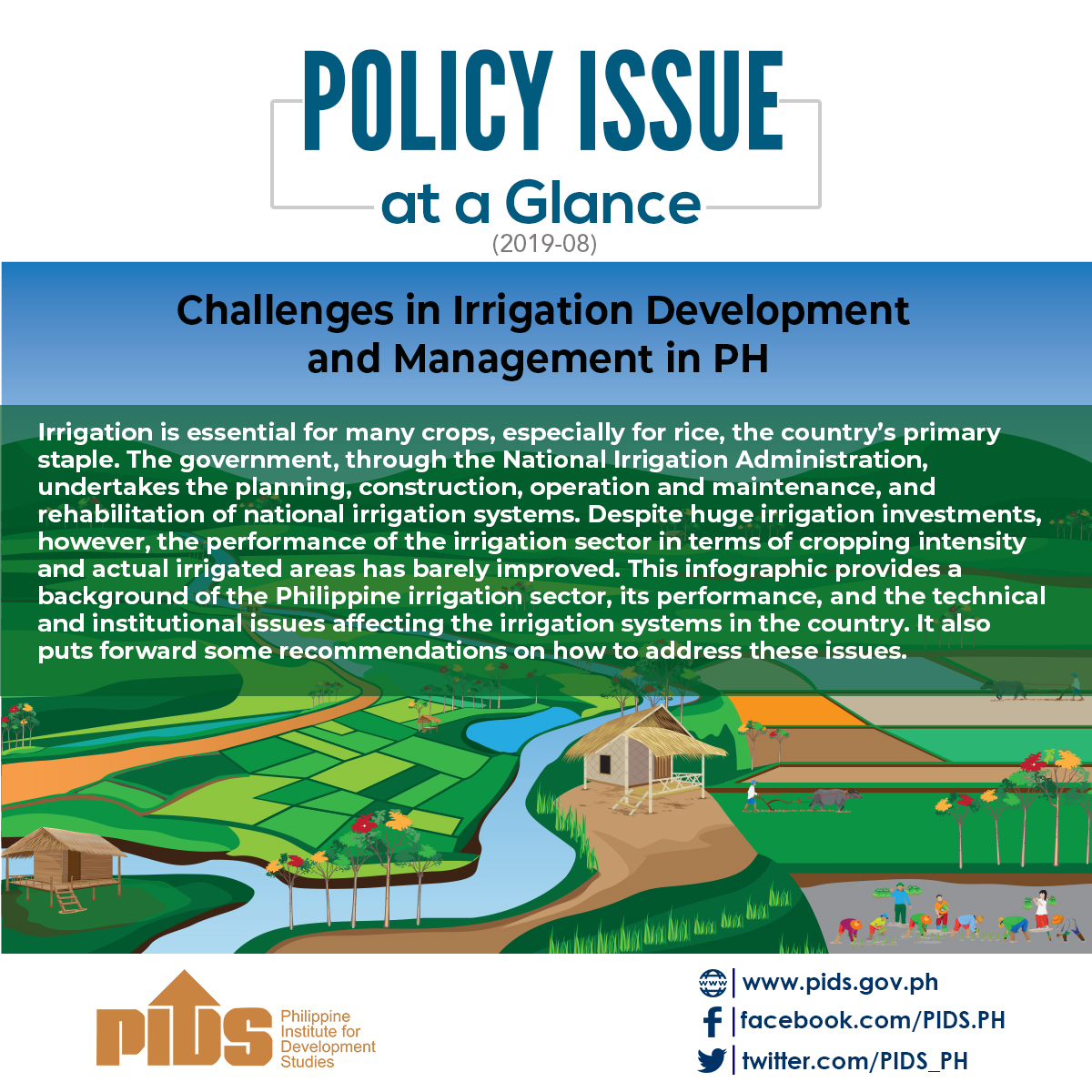The government should review the program and implementing guidelines of the P1-billion Agriculture and Fisheries Financing Program, the state-run think tank Philippine Institute of Development Studies said Monday.
PIDS economists Ma. Piedad Geron and Gilberto Llanto said in a policy note the government should not go back to the old scheme that did not work out in micro-financing before.
"The foregoing remarks and observations point to one thing: the government may be going back to an old approach that did not work–the past DCPs,” the authors said.
"As presently formulated, the program guidelines seem to resurrect some of the arrangements under the failed directed credit programs, or DCPs, of the past,” they added.
The P1-billion flexible credit facility aims to help over 1 million farmers and fisherfolk who were non-agrarian reform beneficiaries and engaged in priority commodities identified by the Department of Agriculture in the 20 poorest provinces.
It seeks to ensure the availability of financing for small farmers and fisherfolk and increase their access to loans from formal sources.
The AFFP’s aims to contribute to the attainment of inclusive growth by facilitating the financial inclusion of the marginalized sectors.
The participating government financing institutions are paid management fees for implementing the AFFP.
PIDS said the GFIs in the current arrangement did not have the necessary stake and incentive to properly screen and evaluate prospective borrowers. The arrangement is similar to past failed credit program where the GFIs served as mere conduits of funds.
"Just like in past DCPs, this will lead to moral hazard problems that may result in loan portfolio delinquencies and difficulties in sustaining the availability of credit funds,” the study said.
"There is a need for a better way to incentivize GFIs to implement the program in a sustainable way. They have to be made more accountable for the funds transferred to them by the government,” it added.
PIDS said the program design and guidelines of past DCPs resulted in low repayment rates, small number of program beneficiaries, unsustainable credit programs and huge fiscal costs on the part of the government.
To avoid the past DCPs, PIDS said the capacities of the borrowers and lenders should be enhanced.
"If the farmers and fisherfolk who need credit are not able to borrow due to their inability to comply with stringent credit policies and requirements of banks, the appropriate solution is to build and enhance the capacities of both the banks and the borrower,” the study said.
Credit enhancements will encourage banks to be more comfortable with the risks associated with agriculture and thereby reconsider their stringent credit policies.
Credit enhancements will also enable them to take calculated risks and adopt innovative ways of meeting the credit needs of small farmers and fisherfolk.//











